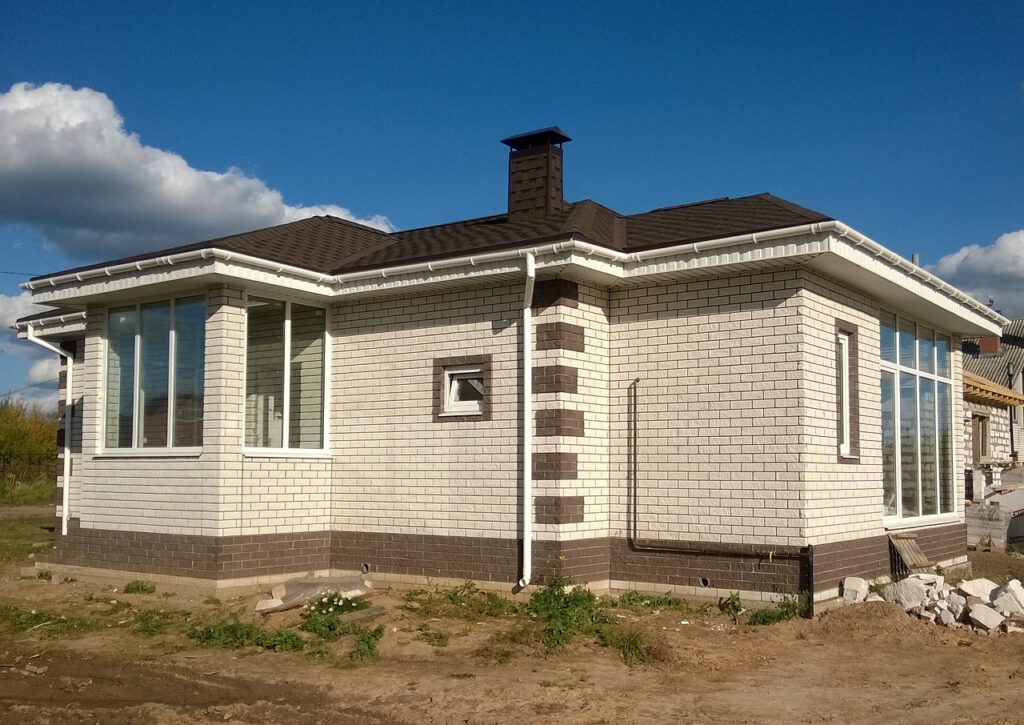Navigating the Vermont Real Estate Market: A Guide to Mortgage Lending
by siteadmin

The picturesque landscapes, charming communities, and the allure of a slower pace of life make Vermont an enticing destination for those looking to invest in real estate. Whether you’re a first-time homebuyer or considering a property upgrade, understanding the Vermont real estate market and its mortgage lending landscape is crucial. In this guide, we’ll walk you through the key aspects of navigating the Vermont real estate market and securing a mortgage.
Understanding the Vermont Real Estate Market
Vermont’s Unique Real Estate Landscape
Vermont’s real estate market possesses a distinct character, shaped by its rural charm and a strong sense of community. The state’s housing market is influenced by factors like seasonal variations, proximity to recreational areas, and the balance between historic homes and modern developments. Familiarizing yourself with these nuances is the first step in making informed decisions.
Local Market Trends
Keeping an eye on local market trends is essential for any prospective homebuyer. Vermont’s market may experience fluctuations due to factors like tourism, weather patterns, and economic shifts. Researching current trends and consulting with local real estate agents can provide valuable insights into the best times to buy or sell.
Navigating Mortgage Lending in Vermont
Types of Mortgages Available
Vermont offers a variety of mortgage options catering to different needs. From traditional fixed-rate mortgages to adjustable-rate mortgages (ARMs) and government-backed loans, understanding the features and eligibility criteria of each type is crucial. Work closely with a mortgage advisor to determine which option aligns best with your financial goals.
Credit Scores and Mortgage Approval
A solid credit score is a key factor in securing a favorable mortgage in Vermont. Lenders typically look for a credit score that reflects responsible financial behavior. Take the time to review your credit report, address any discrepancies, and work on improving your credit score if needed. A higher credit score increases your chances of mortgage approval and may lead to lower interest rates.
Down Payment Assistance Programs
Vermont offers various down payment assistance programs to help homebuyers overcome financial barriers. These programs, often sponsored by the state or non-profit organizations, aim to make homeownership more accessible. Research and inquire about available programs to determine if you qualify for assistance.
Working with Local Professionals
Choosing a Knowledgeable Real Estate Agent
Partnering with a knowledgeable local real estate agent is invaluable in navigating Vermont’s real estate market. An experienced agent can provide insights into specific neighborhoods, property values, and negotiation strategies. Look for an agent who understands the unique aspects of Vermont’s real estate landscape.
Building a Relationship with a Reputable Lender
Selecting a reputable lender is equally important. Seek out lenders who have experience with Vermont’s real estate market and can guide you through the mortgage lending process. Building a strong relationship with your lender ensures clear communication and a smoother transaction.
Navigating the Vermont real estate market requires a combination of market awareness, financial preparedness, and collaboration with local professionals. Take the time to research, plan, and seek guidance to make informed decisions that align with your homeownership goals. With its scenic beauty and welcoming communities, Vermont offers not just a place to live but a lifestyle worth investing in.
The picturesque landscapes, charming communities, and the allure of a slower pace of life make Vermont an enticing destination for those looking to invest in real estate. Whether you’re a first-time homebuyer or considering a property upgrade, understanding the Vermont real estate market and its mortgage lending landscape is crucial. In this guide, we’ll walk…
Recent Posts
- The Importance of Professional AC Installation in Statesboro, GA
- Leveraging Technology for Accessible Real Estate Investing: A Deep Dive into Robinhood REI
- Don’t Miss Luxury Easter Flower Bouquet, 48H delivery in the USA
- The Importance of Hiring a Local Marketing Agency
- Luxury Flowers in Burlington: Elevating Floral Experiences in Vermont
